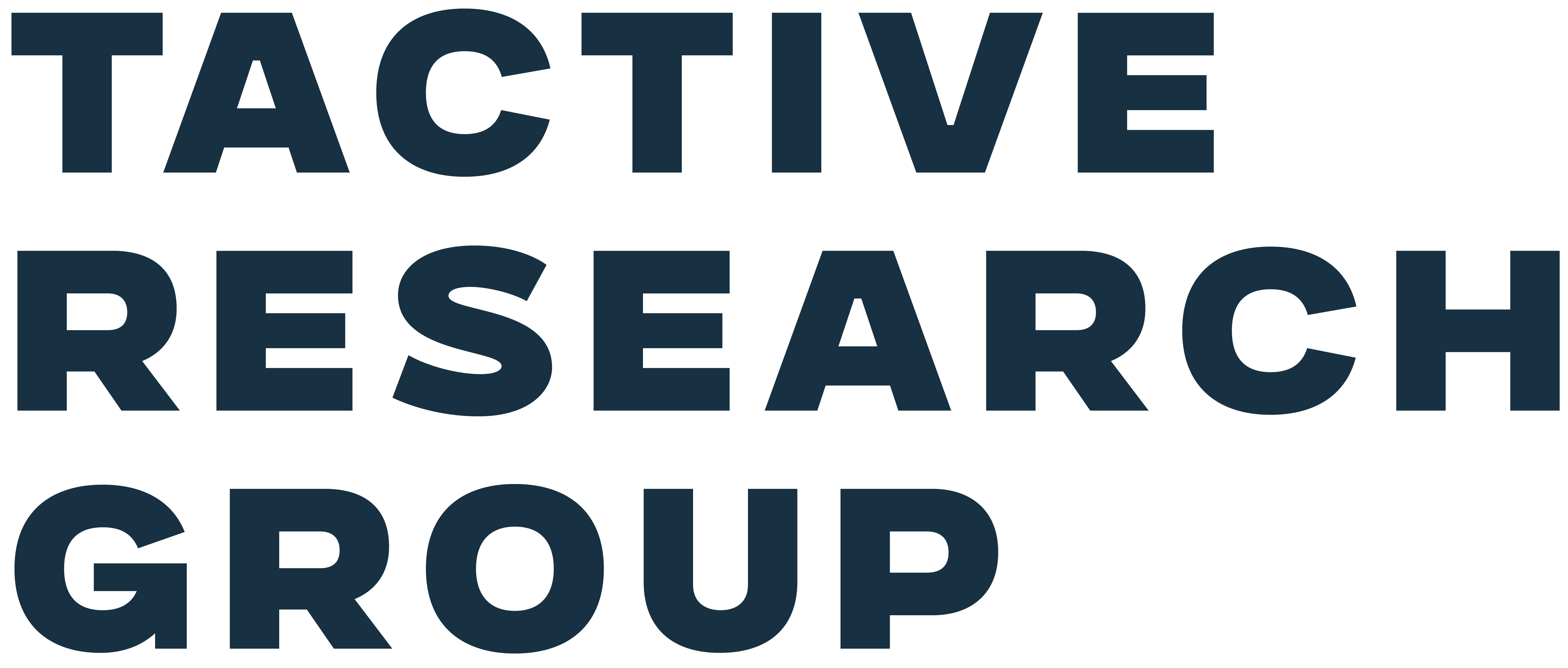Stanford University researchers have made a breakthrough in computer memory by creating a working prototype of universal computer memory that can revolutionize how we store and access data. This new type of memory is said to be faster, cheaper, and more energy-efficient than traditional flash and RAM storage. Universal memory is considered the future of data storage as it is expected to replace short- and long-term computer storage. Learn how universal memory can benefit your organization’s technology strategy and discover how it can change the future of data storage within your organization.
The Technology Behind Leading Universal Memory Projects
The universal computer memory prototype developed by Stanford University was made possible by phase-changing memory. This means that the material, made up of germanium, antimony, and terbium (a combination called GST467), changes its state based on how energy passes through it. GST467 isn’t the only …

